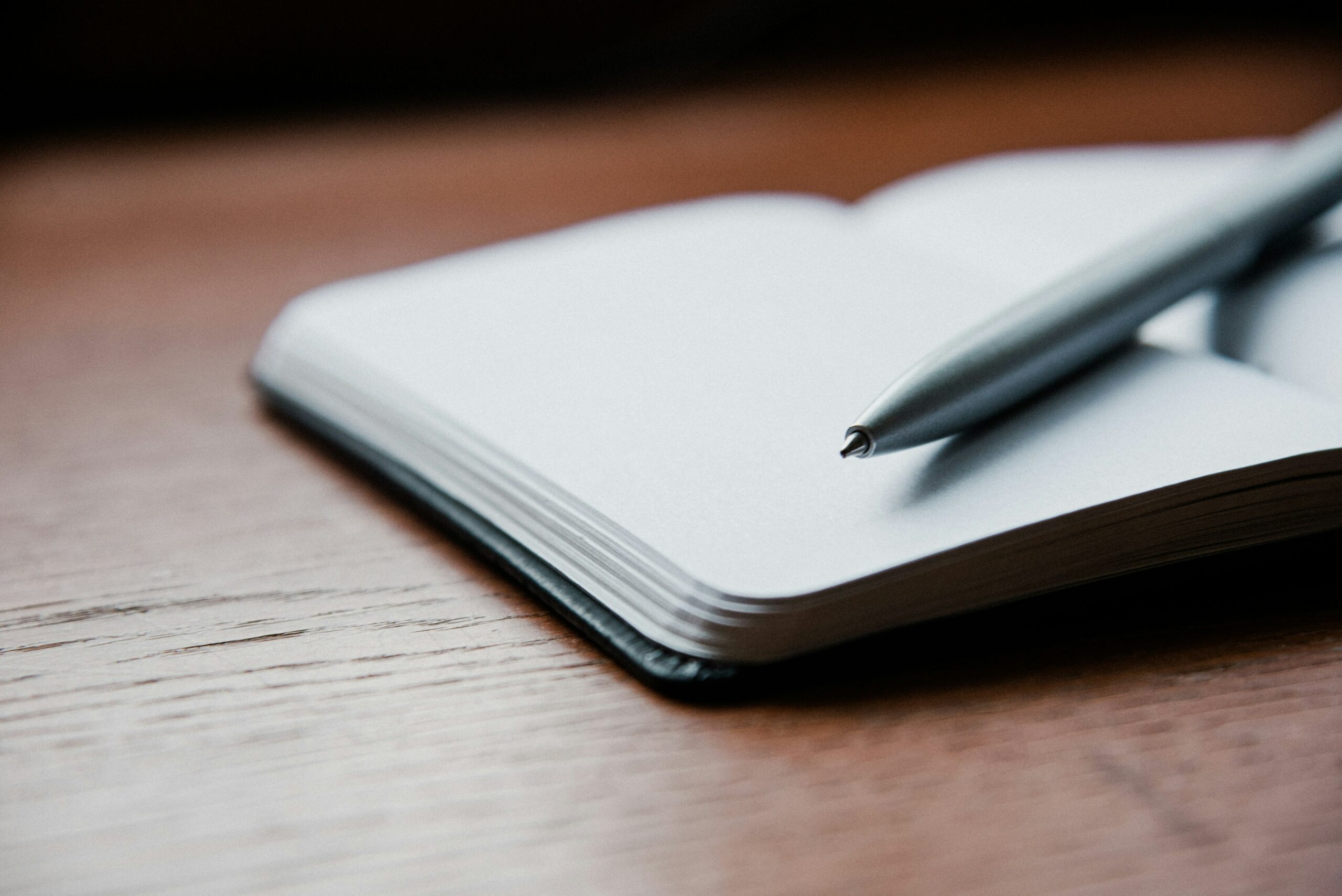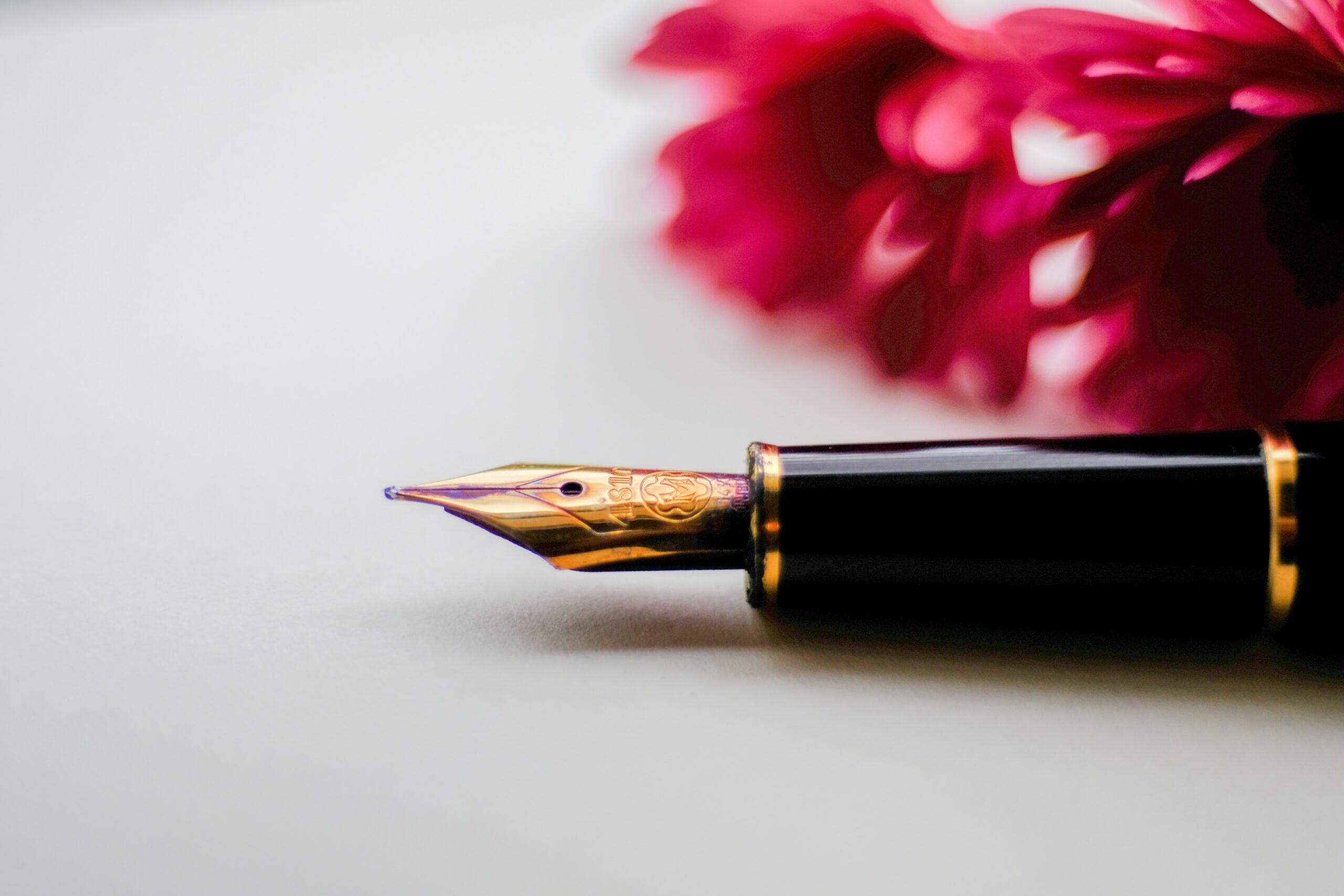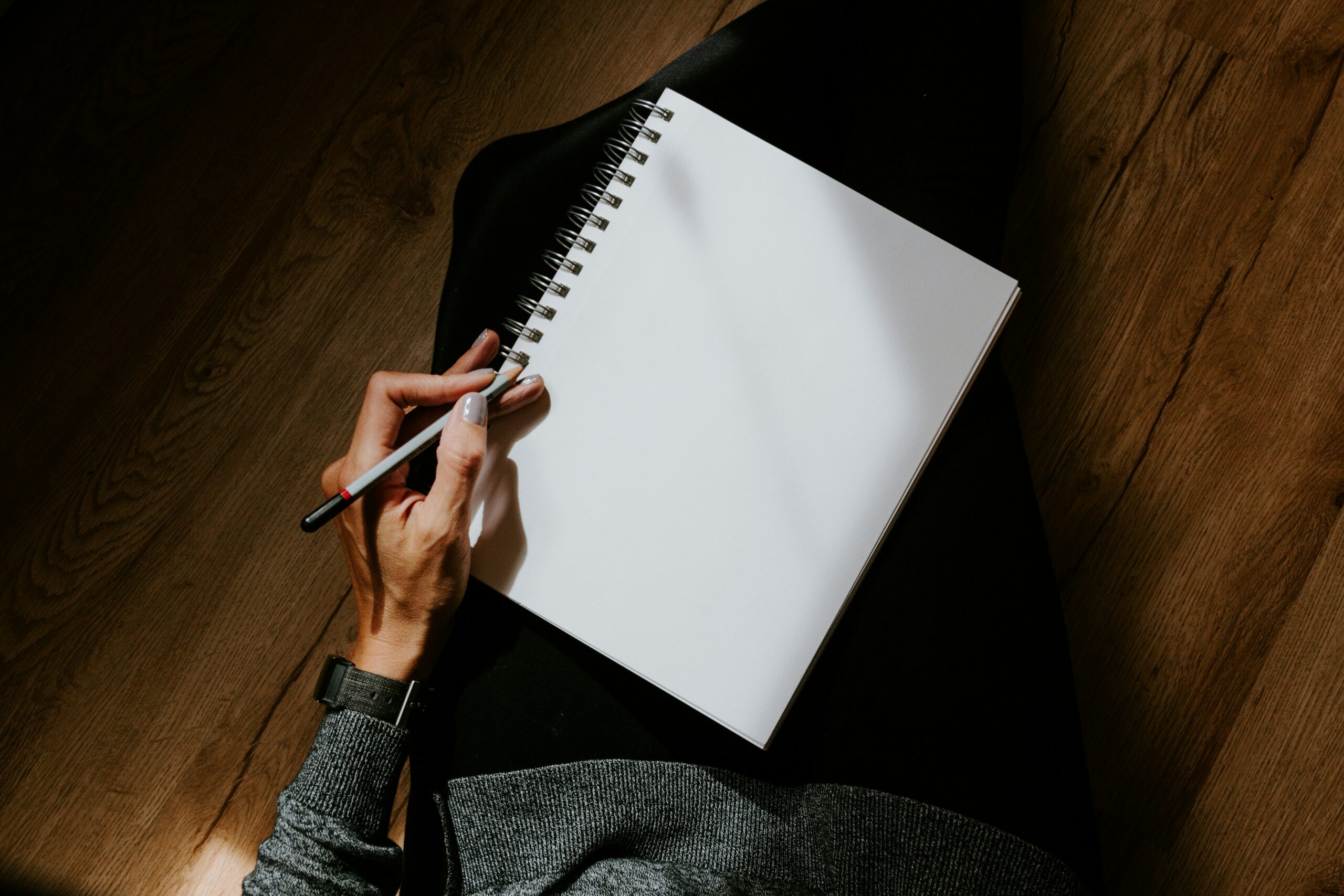Writing a diary can be slightly intimidating, especially if you’re just getting into it. As a result, even if you do pick up a diary, you may find yourself wondering ‘where do I even start? What do I write?’ Don’t worry, even old-diary-writers like me find the dread of a blank page.
5 different ways how to start a diary entry include: 1 sentence summary, gratitude, emotions and feelings, daily highlights, and prompts. Find the approach you resonate with most and give it a try.
I’ve been keeping a diary for over a decade now, and in order to keep it slightly fresh and exciting, I needed to come up with different ways on how to start a diary entry. Below you’ll find the 5 approaches that have worked for me. Let me know how you like them!
Table of Contents
Why Write a Diary?
Diary writing, often hailed as a therapeutic and enlightening practice, opens the door to self-reflection, self-awareness and personal growth.
There are many reasons why writing a diary can be helpful. It serves as a safe haven for processing emotions, allowing us to articulate feelings that may otherwise remain tangled within.
It acts as a mirror to our inner selves, aiding in the understanding of our thoughts and motivations, paving the way for personal growth.
Diaries also function as a therapeutic “off-loading” mechanism, offering catharsis and relief as we unburden our minds. Moreover, they double as time capsules, preserving precious memories and experiences for posterity. In capturing the moments that define our lives, diary writing becomes a profound tool for introspection, healing, and cherishing the intricate tapestry of our existence.
So, if you’ve been wondering about how to start a diary entry, I hope this article will answer your question!
How To Start a Diary Entry
For many of us, that blank page staring back can be quite intimidating. The act of putting one’s thoughts and emotions onto paper can feel like an overwhelming task. The truth is, starting a diary entry is like any other skill – it becomes more natural and enjoyable with practice.
Each technique that I’ll share with you carries its own charm, ensuring that your diary writing experience becomes not just a habit, but a delightful journey of self-discovery.

1. One Sentence Summary
I have to be honest: I don’t know if this is an actual way to start a diary and if it even makes sense, but I came up with it one afternoon when I really, really wanted to write something in my diary but didn’t feel like spending the usual 20-30 minutes.
Instead, I thought, I’ll summarise my day – and what has happened and how I’ve been feeling – in one single sentence.
So, I took out my diary, and wrote:
October 23rd, 2019
After 2 weeks of suppressing my sadness it finally came to the surface and it felt really good to cry.
After I wrote it down and summarised my whole day and how I’ve been feeling in a single sentence, I wanted to explore my feelings further. So, this single sentence allowed me to dive deeper into my sadness and why I was suppressing it in the first place.
First tip on how to start a diary entry:
- Summarise your day, or your week, or how you’ve been feeling lately in a single sentence.
- Then, use this single sentence as a spring board to dive deeper into the different elements you discussed.
2. Gratitude
I’m sure you’ve heard of a gratitude journal: writing in your journal 3, 5, or even 10 things that you are grateful for. A gratitude journal essentially is just that – writing down the things for which you are grateful.
However, gratitude can also be a great approach on how to start a diary entry. Especially if I’m feeling down or a little bit negative, starting with a gratitude entry is a good way to ease into writing.
Second tip on how to start a diary entry:
- Start your diary entry by writing down 3 or 5 things that you currently feel grateful for. Perhaps it’s a great friend, a recent job opportunity, or a nice meal you had.
- Then, use the items you are grateful for as a spring board to journal further.
- For example, if you wrote down “i am grateful for a recent job opportunity”, you could then follow up with “I’m grateful this opportunity came to me, because i think i’ll be able to learn…..”.
Gratitude is always a good idea, and if you want to start a diary entry by focusing on something positive and what you are grateful for — starting with a few things for which you’re grateful for can be a great idea.

3. Emotions and Feelings
I would say that the most classic (and expected) way how to start a diary entry is by writing about your emotions and feelings. At first it may feel uncomfortable — or perhaps you don’t even want to go there, but diary writing and journaling is most associated with feelings and emotions.
After all, keeping a diary is a great way to not only process emotions, but also understand them and begin to see if there are any patterns. Through internal dialogue that we begin between ourselves and the journal, we can gain a deeper insight into our own mind, feelings, and emotions.
I’ve got a great journaling class available if you’d like to learn more about yourself through the art of journaling. You can check it our right here.
Third tip on how to start a diary entry:
- Take a minute to settle down and focus on your emotions and feelings. How are you currently feeling? Or how have you felt throughout the day?
- When you feel like you’ve got your answer, for example “i have felt upset”, “i have felt excited”, or “i have felt nervous”, begin to elaborate on the answer.
- Why have you felt this way or what may have caused excitement or nervousness?
- Don’t be scared to dive deeper into understanding your emotions. Begin to investigate not only how you’re feeling, but what contributed to you feeling this way.
4. Daily Highlights
Fourth approach on how to start a diary entry is focused on daily highlights. Here, instead of focusing on a gratitude list and what you’re grateful for overall – you will be focusing on the highlights of the day.
Mind you, they will vary from day to day! One day the highlight might be that you went on an exciting date, attended an event, or saw a good friend. On other days, the highlight might be a great cup of coffee, a cozy day in, or a delicious snack.
The idea is that you begin to find highlights – and silver linings – in your day-to-day experiences.
Fourth tip on how to start a diary entry:
- This diary exercise is best done at the end of the day, since you’ll get to reflect on the day you’ve had.
- Think back on your day and pick out 1 or 2 highlights of your day. It could be a delicious cup of coffee or finishing a project at work.
- Now, dive deeper into the highlight and explore questions such as ‘why was this a highlight?’ ‘how did it make me feel?’ or ‘what might I have learned?’

5. Diary Prompts
Journaling/diary prompts serve as starter sentences or questions designed to help you dive deeper into introspection, reflection, or exploration of specific themes and topics. They offer an easy and approachable way on how to start a diary entry.
There are many different types of prompts, depending on what you’re interested in. For example, I’ve written some great articles on powerful 5 minute journal prompts, inner child journaling prompts, and even journaling prompts for a money mindset.
Essentially, with journaling prompts you are free to dive intro introspection and reflection on different subjects, such as relationships, self-love, habits, money, and more.
Fourth tip on how to start a diary entry:
- Pick a subject that you’d like to explore further. Perhaps it’s self-confidence, relationships, or health.
- Find some journaling prompts that can help you dive deeper into these themes (see my e-book below)
- Example prompts may include “When was the last time I felt really confident?”, “name 5 qualities that you love about yourself” or “in which areas of my life may I be self-sabotaging myself?”
- Pick the topics + prompts with which you’re comfortable.
Want to get 100 journaling prompts with a focus on 5 different areas of your life? You can download my 100 journaling prompt e-book for FREE!
Summary
I hope that after reading this article you won’t feel the need to be asking yourself on how to start a diary entry! I’ve shared with you 5 easy approaches that can help you and I hope you’ll give them a try.
If you’d like to ease into prompt journaling specifically as a way on how to start a diary entry, and you’re interested in the topics of self-awareness and self-discovery, feel free to check out my guided journaling video below.
